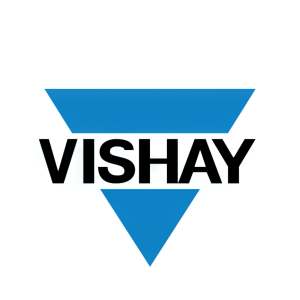[SCHEDULE 13G/A] Vishay Intertechnology, Inc. SEC Filing
Norges Bank, manager of Norway’s sovereign wealth fund, filed Amendment No. 1 to Schedule 13G for Vishay Intertechnology (VSH) reflecting ownership as of 30 Jun 2025.
The filing shows beneficial ownership of 5,451,771 common shares, equal to 4.4 % of outstanding shares, dropping the stake below the 5 % large-shareholder threshold. The bank reports sole voting and dispositive power over 5,320,890 shares and shared dispositive power over 130,881 shares; no shared voting power exists. Norges Bank classifies itself as a foreign institutional investor (FI, OO) and states the shares are held in the ordinary course of business on behalf of the Government of Norway, with no intent to influence control.
The amendment provides no earnings data or strategic transactions; it strictly updates passive ownership levels, implying limited immediate impact on VSH’s governance or valuation.
- None.
- None.
Insights
TL;DR: Passive stake now 4.4 %; no control ambitions, minimal market impact.
Norges Bank’s amended 13G indicates it owns 5.45 M VSH shares, slipping under the 5 % threshold. Because the bank files under Rule 13d-1(b) and certifies passive intent, the disclosure is largely administrative. No purchase or sale prices are provided, so trading motives can’t be gauged. The persistent but reduced holding supports ongoing institutional confidence, yet the sub-5 % level removes certain reporting obligations, marginally lowering transparency. Overall, the filing is neutral for valuation and unlikely to move the stock absent broader market signals.
TL;DR: Sovereign fund still holds sizeable position; change is routine, not thesis-altering.
For portfolio strategy, a 4.4 % stake by Norges Bank confirms continued exposure to VSH but doesn’t imply activism. Liquidity appears adequate given their ability to retain >5 M shares while trimming below disclosure limits. The absence of shared voting rights and the routine certification of passive intent suggest no governance catalyst. Investors may view the filing as a mild liquidity signal rather than a directional call. Impact on risk-return profiles and beta is negligible.








